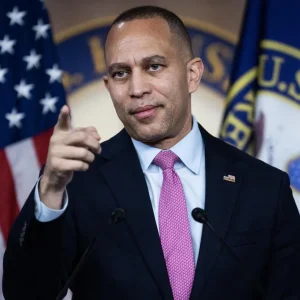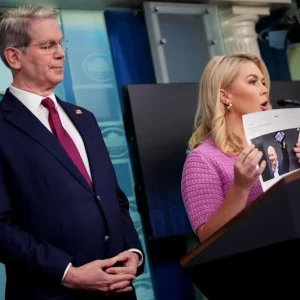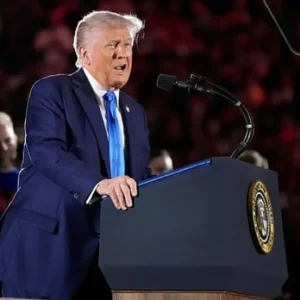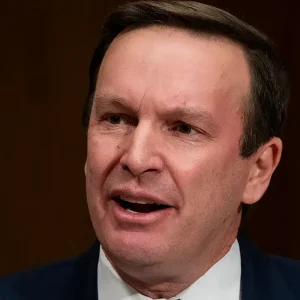On May 5, 2025, Senators Jeff Merkley (D-Ore.) and Elizabeth Warren (D-Mass.) sent a letter to the Office of Government Ethics (OGE) demanding an urgent investigation into a $2 billion deal involving World Liberty Financial (WLF), a cryptocurrency company backed by President Donald Trump and his family. The deal, announced at the Token2049 conference in Dubai by Eric Trump and Zach Witkoff, involves the Emirati state-backed firm MGX investing $2 billion in Binance using WLF’s USD1 stablecoin. The senators called it a “staggering conflict of interest” that could violate the U.S. Constitution’s Emoluments Clause and federal bribery laws, potentially allowing foreign influence over the president. Let’s break down this explosive claim, its implications, and the heated debate it’s sparked with a sharp, human perspective.
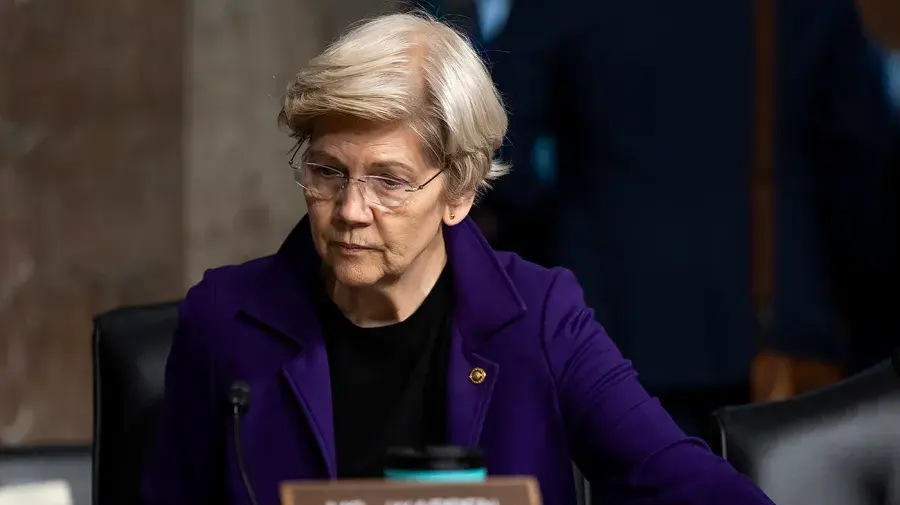
The deal’s structure raises red flags. WLF, where the Trump family holds a 60% stake through a separate entity, stands to earn tens of millions annually—potentially $85 million in interest if the $2 billion is invested in U.S. Treasuries, per WIRED. The Witkoff family, tied to Trump’s Middle East envoy Steve Witkoff, also benefits, with Zach Witkoff co-founding WLF. Merkley and Warren argue this creates a “backdoor for foreign kickbacks,” as MGX’s chairman, Sheikh Tahnoon Bin Zayed Al Nahyan, is the UAE’s national security advisor, a figure who lobbied Trump’s first administration. Binance, the other party, settled $4 billion in DOJ charges in 2023, and its founder seeks a Trump pardon, adding to the ethical murk.
The senators warn that the deal could enrich Trump and his allies by hundreds of millions, undermining national security. They cite the Constitution’s ban on presidents accepting foreign payments without congressional consent, arguing USD1’s use in the MGX-Binance transaction funnels wealth to Trump indirectly. X posts, like @SenJeffMerkley’s on May 6, 2025, amplify this, calling it “a president selling access.” The timing is critical: the Senate is debating the GENIUS Act, a stablecoin regulation bill that lacks safeguards against such conflicts, prompting nine Democrats to withdraw support, per Politico. Warren slammed the bill, tweeting on May 5, 2025, that it “greenlights the grift” by enabling Trump’s profits.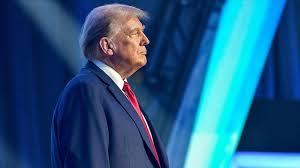
Trump’s team denies wrongdoing. White House deputy press secretary Anna Kelly told WIRED that Trump’s assets are in a trust managed by his children, claiming “no conflicts of interest.” Some X users, like @MagaDefender on May 6, 2025, argue the deal is legitimate business, not corruption, and accuse Warren of hypocrisy over her own wealth. Yet, ethics experts like Norm Eisen, quoted by Warren, call it the “worst conflict of interest” in modern presidential history. The SEC’s pause on cases against Binance and Justin Sun, a $75 million WLF investor, fuels suspicions of favoritism, though no direct evidence ties this to Trump’s influence.
This probe, demanding OGE answers by May 9, 2025, faces a GOP-led Congress unlikely to act. Still, it’s a bold move to expose Trump’s crypto ventures as a potential avenue for foreign sway, challenging his pledge to prioritize America. The fight isn’t just about money—it’s about trust in governance and the risks of a president profiting from power.

